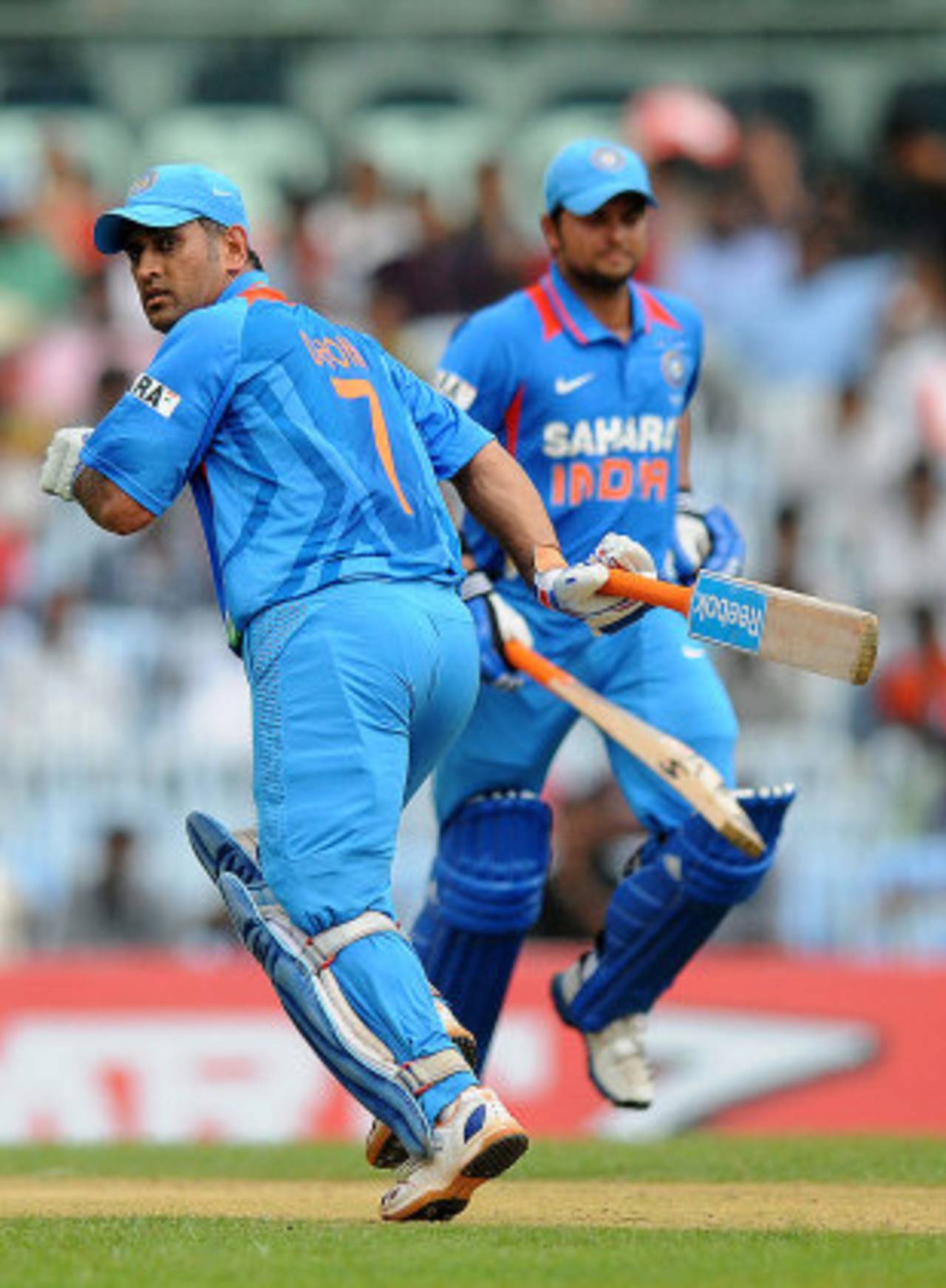What's the worst thing a cricketer could go through? Loss of form, fear of failure in front of thousands of fans, media crucifixion following that failure, and the eventual death knell in the form of axeing by the selectors?
All this can be extremely unsettling and distressing, yet there's something that hurts a thousand times more. At least till you get used to it. There's no parallel to waking up on the morning of a match with the sinking feeling in the pit of your stomach that no matter what you or your team does on the field, you'll end up on the losing side. You practise as hard as you can, chalk out plans, change the playing combinations, even stick to your superstitions, but all of it proves futile at the end of the day's play.
While the loss of personal form hurts a great deal, you know you can regain it like you have in the past. But the loss of collective form in a team makes you feel as helpless as a kitten up a tree.
In the summer of 2000 I played a season of club cricket in Holland as an overseas professional. When I first met the players, they were bubbling with excitement, positive energy and the desire to do well, and during pre-season training, we were very optimistic of a good performance. The season started with a couple of defeats but they didn't deter us from our goal of topping the league.
We then lost a few more games but didn't lose hope. We told ourselves that the harder we worked, the luckier we'd get. Instead of practising once a week, as customary, we practiced three times. We were leaving no stone unturned.
A few weeks passed and we still hadn't won a game. For me, though, right from the start, the runs were coming easily, and initially the losses didn't matter much. I consoled myself saying that there was only so much a single player could do to influence the outcome of a match.
But a few matches later, still without a win, the runs that had earlier given me pleasure and satisfaction stopped mattering. We played different opponents, on different grounds and in different formats, but the results didn't change.
By then the only thing that consumed us during the week was the impending loss on the weekend. We didn't talk about it. We thought if we didn't talk about it, it wouldn't happen.
There's a breaking point for every team and once that is breached, the dressing room starts to disintegrate, because frequent losses bring out everyone's frustrations in a most unsavoury manner. The first few losses make you look inwards, because you want to improve individually and collectively, but if the trend continues beyond the tipping point, you start pointing fingers at others - your peers, the conditions, the coach, the media and so on.
Another problem with being part of a perpetually underperforming team is that even the players who are in some reasonable form start losing it, because the team's defeatist mindset seeps into individuals.
At the end of that torturous summer, we couldn't wait to part ways. And mind you, this was in league cricket in Holland, where there was no fan outcry and media trial following our losses.
I can't help but feel for the current set of Indian cricketers, who have been on an arduous journey for the last 18 months. Different opponents in different conditions have comprehensively beaten them. Even their supposedly impregnable bastion at home is no longer safe, as England and Pakistan have shown.
Since the careers of many players are hanging by a thin thread, it's only reasonable to believe that they have been trying their best to redeem themselves. Every cricketer knows that the only thing that can save his place during bad days is his and the team's good showing, so the intention to fight and salvage the situation can't be doubted. Every wrong move of theirs is scrutinised by a billion people, which doesn't allow complacency to creep in, or at least doesn't allow it to grow.
Nobody drops a catch, bowls a bad ball for lack of intent. Yet these things happen and the guilty pay the price. It's important for fans and critics to understand that if somebody fails to deal with the swing or spin, or can't get opponents out, it isn't because of lack of commitment but because of lack of skills or loss of form.
A batsman doesn't nick a ball to the wicketkeeper on purpose; a bowler doesn't bowl a full toss because he's earning millions in the IPL. That, in my view, is an unfair allegation, unless there is substantial evidence to back such claims. In fact, for most of us, the IPL dollars are the last thing to cross our minds while playing a shot or bowling a ball. We are in cricket not because it's our profession but because it's our passion.
I'm not justifying India's prolonged underperformance. I'm just saying that lack of commitment is hardly the problem - if at all it is a problem - that needs addressing. The poor performances could be due to an erosion of skills from playing too much T20 cricket, or down to bad decisions by selectors and on the field, or lack of proper preparation. But it certainly can't be that the money in the IPL prompts an indifference to other formats.
No cricketer worth his salt minds objective criticism of his abilities, but to question his integrity and commitment is hitting below the belt.
Former India opener Aakash Chopra is the author of Out of the Blue, an account of Rajasthan's 2010-11 Ranji Trophy victory. His website is here and his Twitter feed here
